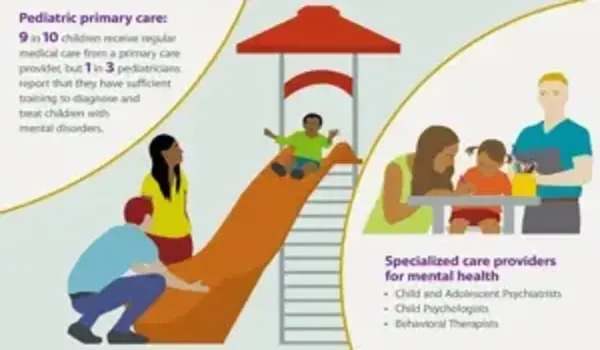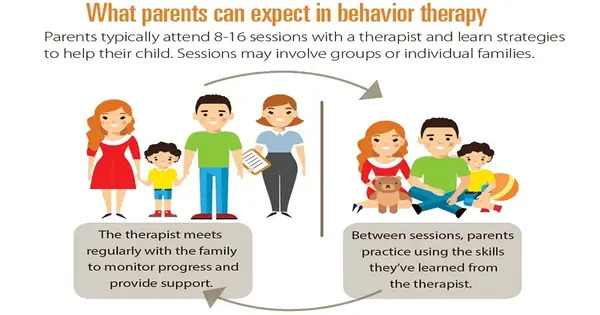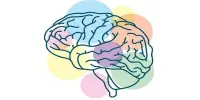Parents of young children with an energetic or exuberant temperament may be able to modify their parenting style to help limit their child’s potential development of Attention Deficit/Hyperactivity Disorder (ADHD), according to a new study co-authored by a University of Waterloo researcher.
Developmental psychologists understand that temperament, parenting, and the brain’s executive processes all play a role in the development of ADHD symptoms during childhood. However, the study discovered specific characteristics that predict an increased risk of ADHD symptoms, highlighting the necessity of early focused intervention.
“A collection of early traits we call exuberance in child temperament, such as high excitement, curiosity and positive responses to unfamiliar people and contexts, combined with family factors might predispose some kids to develop ADHD symptoms,” said Dr. Heather Henderson, professor in developmental psychology at Waterloo and a co-author of the study.
This work demonstrates that parents can really help break down the pathways that lead to ADHD through more directive and engaged parenting behaviors, such as guiding the child with verbal and physical cues as they encounter new situations.
Dr. Heather Henderson
“This work demonstrates that parents can really help break down the pathways that lead to ADHD through more directive and engaged parenting behaviors, such as guiding the child with verbal and physical cues as they encounter new situations.”
While enthusiasm in preschoolers can be quite good, research indicates that enthusiastic youngsters may struggle with self-regulation and executive skills such as working memory and flexible thinking.
The researchers followed 291 children from four months to 15 years old, observing child temperament and parent-child interactions at three years, assessing executive functioning at four years, and analyzing parent-reported ADHD symptoms six times between ages five and 15. The study concluded that temperament and parenting interact to influence a child’s developing executive functions.

The data suggest that ADHD symptoms worsen throughout childhood when a kid has an early exuberant temperament, low to normal executive functions, and receives less directive and engaged parenting as they navigate new situations.
“ADHD symptoms normally stabilize between the ages of five and nine, then decline between the ages of nine and fifteen. However, in foreseeable cases of very young children with exuberant temperaments and less prescriptive parents, stabilization may not occur,” Henderson stated.
“More directive parenting, which is not controlling but guides the child with verbal and physical cues, can help develop the child’s self-regulatory skills and prevent their ADHD symptoms from increasing.”
















